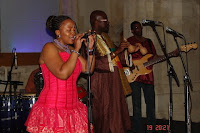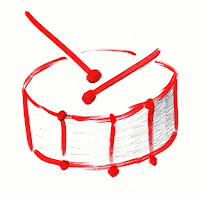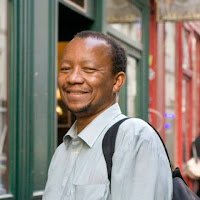Their behaviour, a poem by Dennis Brutus - tmate
Their guilt is not so very different from ours: �who has not joyed in the arbitrary exercise of power or grasped for himself what might have been another�s and who has not used superior force in the moment when he could, (and who of us has not been tempted to these things?)� varadero-bol.com trophaeenschau-alpnach.com alkawtarmarrakech.com radikifruits.com glitzerbombe.com mediprintbiomedical.com chinaresgrp.com so, in their guilt, the bare ferocity of teeth, chest-thumping challenge and defiance, the deafening clamor of their prayers to a deity made in the image of their prejudice which drowns the voice of conscience, is mirrored our predicament but on a social, massive, organized scale which magnifies enormously as the private dehabille of love becomes obscene in orgies.



(Literature).gif)



